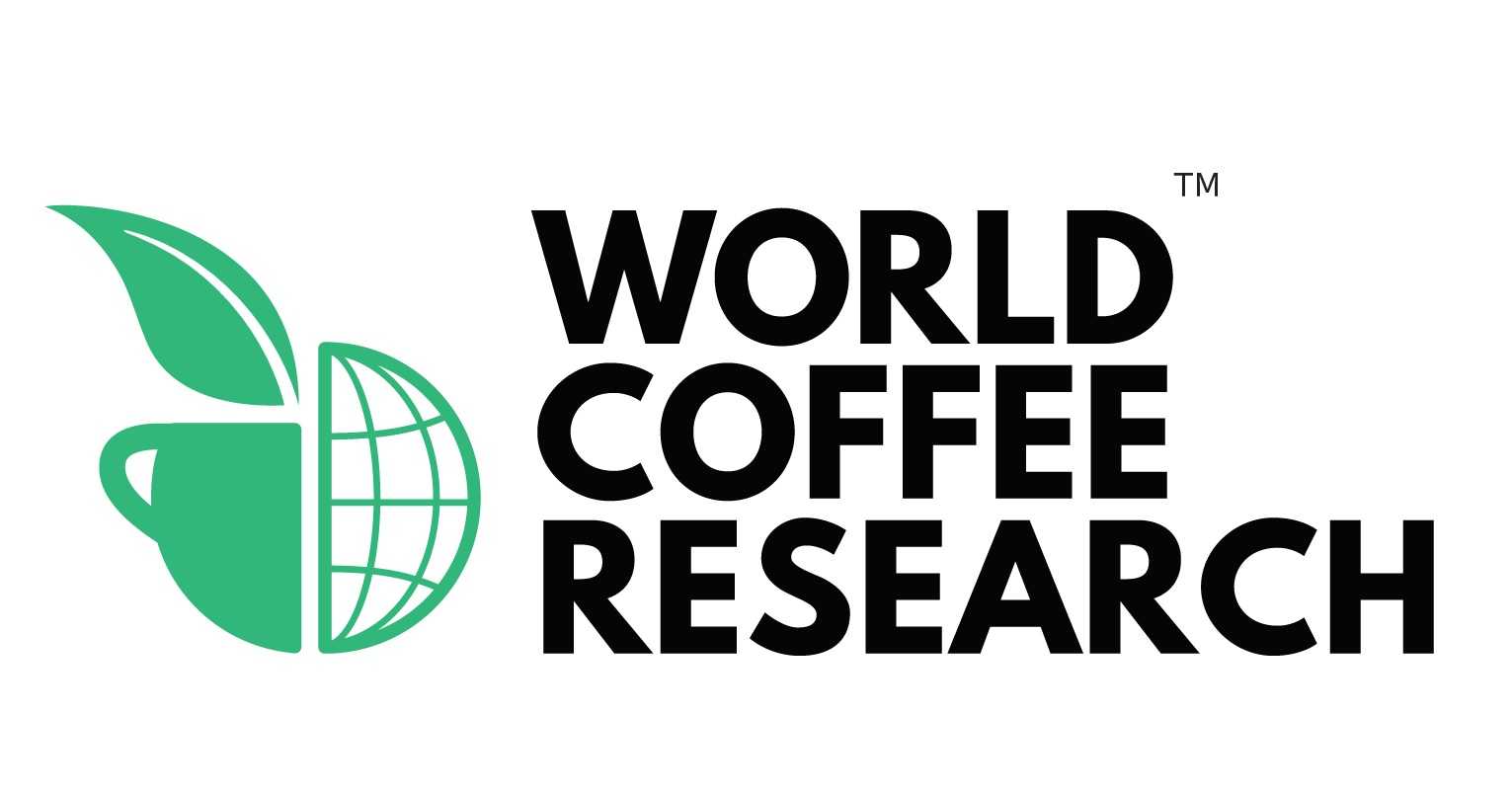PORTLAND. OR, USA – World Coffee Research (WCR) has recently announced the formation of Innovea, a global coffee breeding network: Innovea brings together collaborating countries to transform coffee breeding and accelerate the pace of genetic improvement on a global scale.
WCR made the announcement in person at the annual Sintercafe International Coffee Week event in Jaco, Costa Rica, accompanied by coffee roasters funding the program and representatives from some of the countries that plan to partake in the breeding network.
WCR has welcomed participation from nine countries in the network, including Costa Rica, India, Indonesia, Kenya, Mexico, Peru, Rwanda, Uganda, and the United States. The network will expand for other interested countries to join in the future.
“Coffee faces a crisis of innovation that makes the industry’s sustainability, quality, and supply assurance goals difficult—if not impossible—to achieve if we stay on the path we are on,” said Dr. Jennifer “Vern” Long. “But as we have seen with COVID-19, incredible solutions to urgent, global problems are made possible with scientific collaboration.”
The Innovea network is funded by over 200 coffee companies worldwide that comprise WCR’s membership.
The network builds on a decade of groundwork laid by WCR to drive science-based agricultural solutions to secure a diverse and sustainable supply of quality coffee on an urgent basis.
Through they network, WCR will create new, improved breeding populations using modern genomic selection techniques that countries can use without restrictions. Depending on the performance of the material, some countries could release new varieties as early as 2033.
“Agricultural science is critical for securing the global supply of high-quality coffee in the face of the climate crisis,” said Jim Trout, chair of WCR’s Board of Directors and Head of Coffee Research & Development for the J.M. Smucker Co., the producer of Folgers®, “WCR created this network because roasters know we can’t wait another day.”
Innovea’s unique collaborative design provides tremendous value to countries to enable them to tackle the challenges of climate change together while maintaining their individual competitive positions in the market. The network gives participating countries open access to new genetic materials, training in modern breeding approaches, and shared tools.
It will operate by connecting researchers across national boundaries to achieve results that would be unfeasible for programs working in isolation. At the same time, its design leaves coffee producing countries in the driver’s seat for finished variety development and release, providing avenues for countries to connect with roasters and buyers to ensure that new varieties are tailored for market demand.
“With this network, we will be able to achieve results that would not be possible while conducting breeding within the borders of a single country. Costa Rica is very excited to participate. It will allows us to develop more and better varieties and make them available to farmers faster,” said Xinia Chaves Quiros, Director of Instituto del Café de Costa Rica (ICAFE).


















